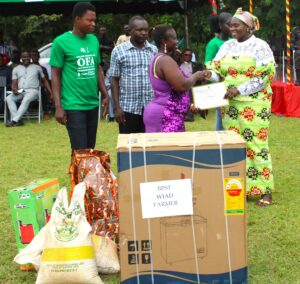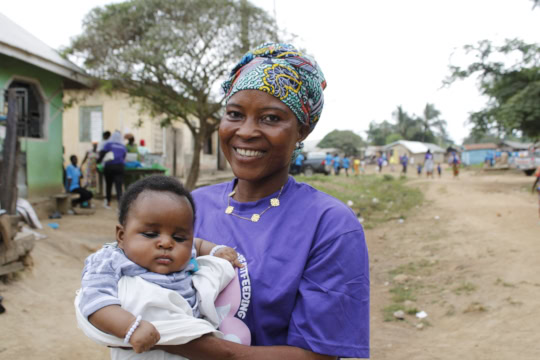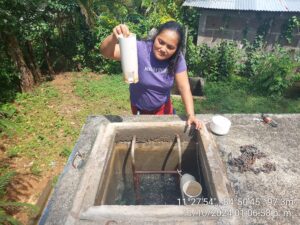The Best Water in All of El Castillo

Orlando, Gonzalo, & Salvador show a clean water test
Salvador Fletes and his companion Gonzalo sit at a worn wooden table after a long day of work, relaxing in the dusk glow and laughing back and forth. The two men became friends three years ago when both were elected to be CAPS (Comité de Agua Potable y Saneamiento — Water Sanitation Committee) leaders for the community of Laureano Mairena, home to approximately 1,550 residents.
Today, thanks to your support, the 190 families living in Laureano Mairena have daily access to clean, safe drinking water. “It wasn’t always like this,” Gonzalo explains. Until two years ago, the community’s water was totally contaminated. “Our storage tank was left open to the elements, animals, and everything else.”
They had lived for decades with untreated water. Salvador describes the pueblo’s initial mentality, explaining, “People knew the stomach and skin sicknesses they received were because of the water, but having purified water still wasn’t a priority…People don’t want to pay a tariff for clean water if they don’t understand how crucial it is.”
This attitude changed drastically when Orlando, Self-Help’s Clean Water Program Officer, conducted a presentation for the community in February 2014, discussing the importance of chlorinated water and presenting the affordable and functional CTI-8 water chlorinator. He then collected a series of samples from Laureano Mairena’s storage tank, and had them analyzed in a nearby lab.
The results of the test, which revealed dangerous levels of fecal contamination in the water that the entire town was ingesting, prompted Salvador, Gonzalo, and other community leaders to call a town-wide meeting, attended by heads of every household. Convinced by the tests that the contaminated water was the cause of the constant widespread sickness, the town deliberated and voted to purchase the CTI-8 system. The system was installed within a month. Recently, we returned to interview the CAPS leaders about the long term impacts of clean water on the community as a whole.
Salvador and Gonzalo shared that they cannot understate the effects the chlorinator has had. “It has caused the growth of economy and families, because everyone has access to potable water and avoids the regular stomach illness we used to suffer,” Gonzalo says.
The Nicaraguan Ministry of Health recently visited Laureano Mairena to conduct tests on their water supply. “They said it was the best water in all of El Castillo,” Salvador says with a sly grin. El Castillo is one of Nicaragua’s 15 departments, proportionally comparable to a state in the United States. This status is a noteworthy accomplishment for all of the residents of Laureano Mairena and the CAPS leaders in particular.
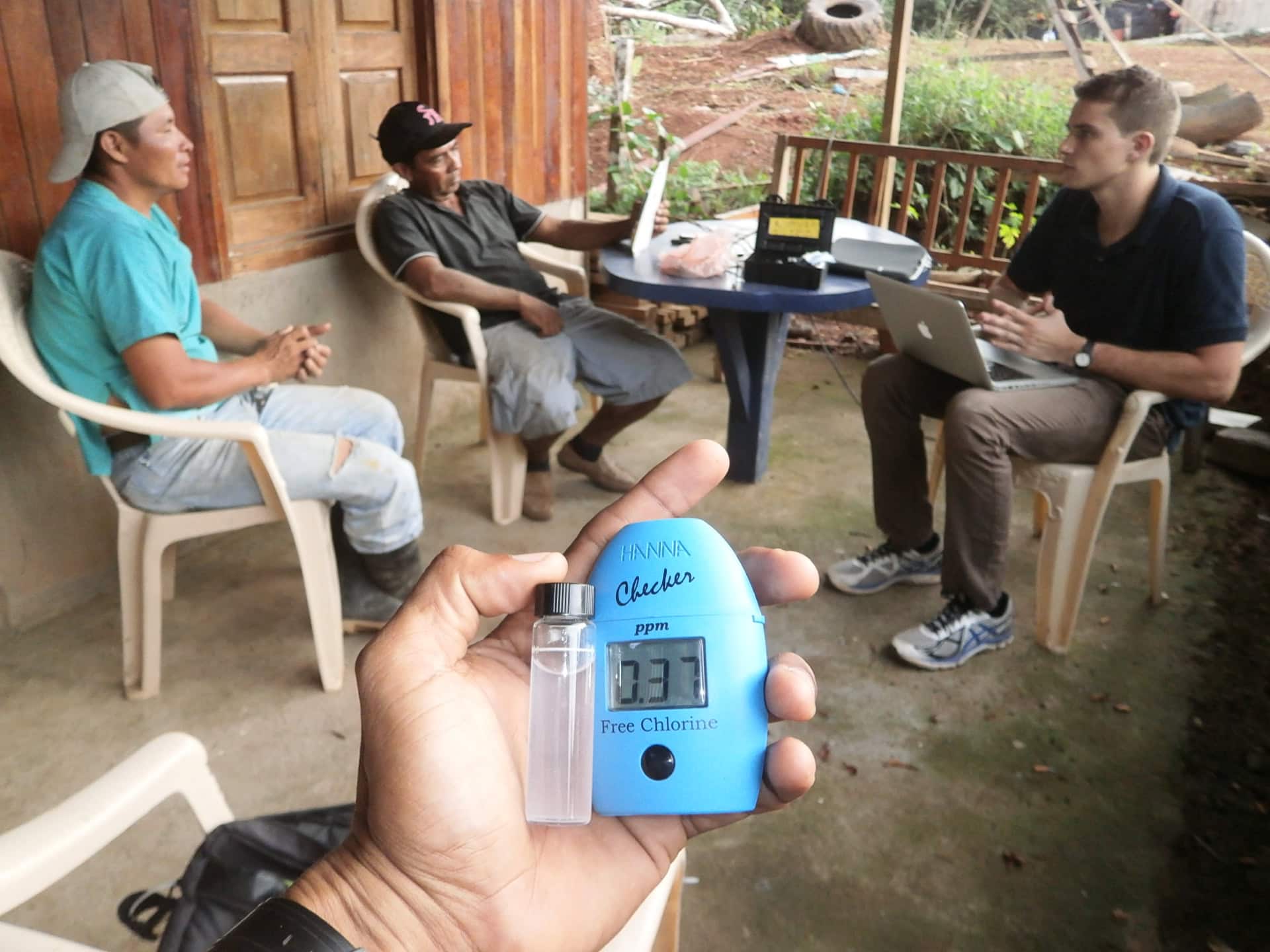
“Best Water in El Castillo” – Ministry of Health
“People want to live here now, to move here, because they know we have clean water… it’s definitely good for all the businesses,” Salvador affirms.
When asked about the impact for his family, Gonzalo explains that the water in their house used be so dirty that they would go to the nearby river to wash their clothes. “My wife would either bring our clothes to the river, one kilometer away, or she would bring water from the river back to the house to wash with it… It can be dangerous going there though – there are river snakes that bite people.” Now, Gonzalo and all members of his community need not exert themselves in such a fashion, with access to clean, safe water right in their homes.
Concluding the interview, Gonzalo and Salvador explain that over the course of the last year, they have noticed people from the nearby areas coming to their village to request water. “They don’t have access to potable water, and are starting to realize the importance of it… We are happy to share with them! Water is life!”
With your help, we are continuing efforts to bring clean water to more communities like Laureano Mairena. To date, we have brought clean water to 16 communities in El Castillo and 84 communities across Nicaragua. Because of your support, 65,000 people now have clean, safe drinking water each day. Together, we can bring clean water to 50,000 more people by 2020. Help us get there!

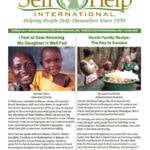 Next Post
Next Post